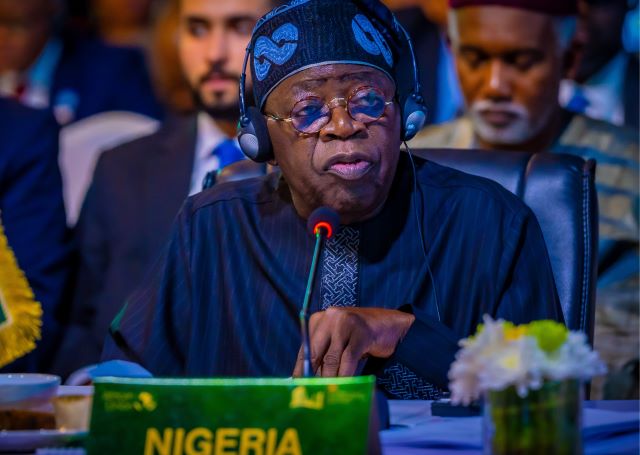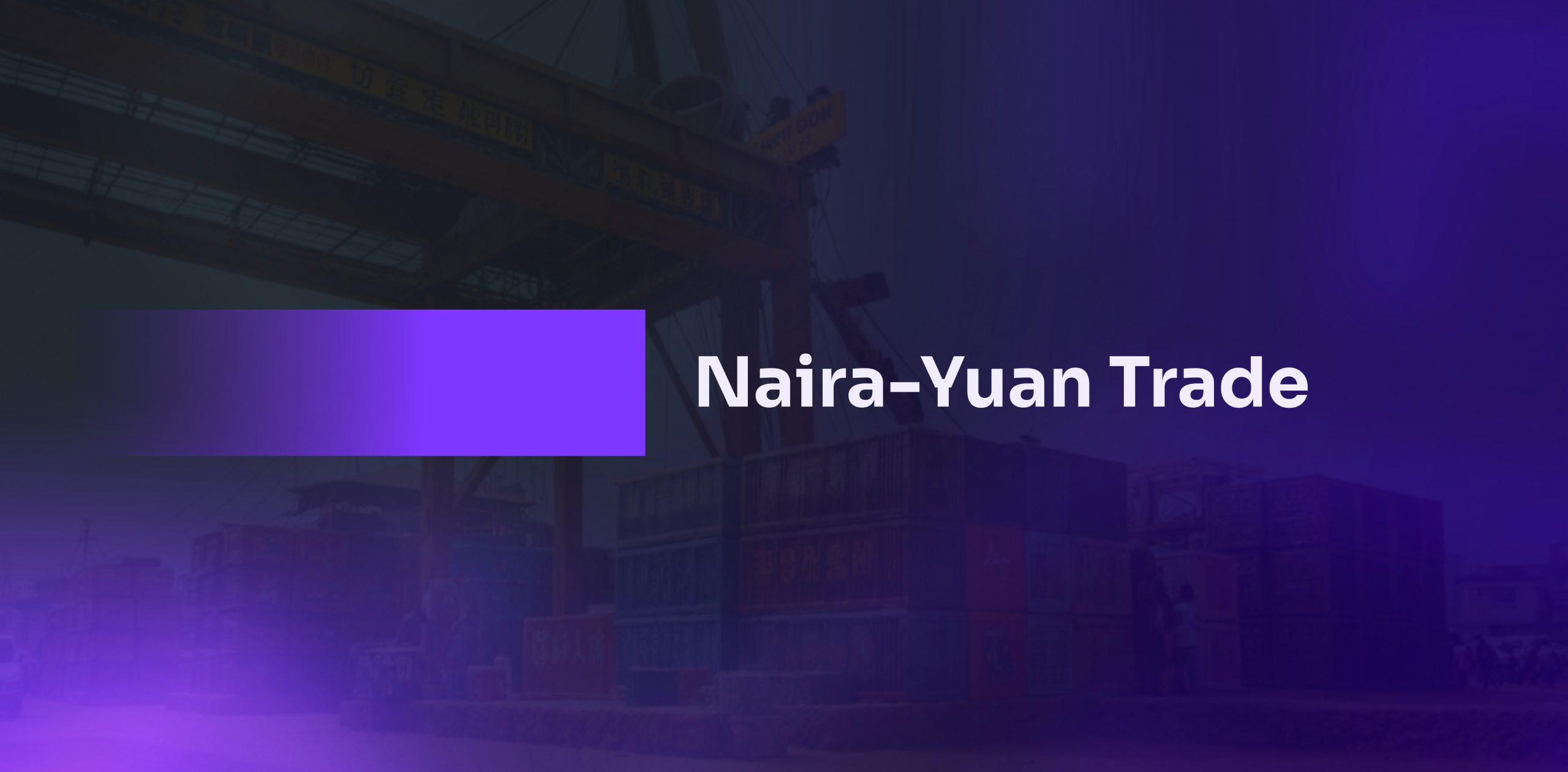Is This A Step Toward Easier Trade or Not? In December 2024, Nigeria and China renewed a 15 billion yuan ($2 billion) currency swap agreement, a move to deepen trade ties and ease foreign exchange pressures for cross-border payments, Nigeria, China. For Nigerian importers, this deal could bring three key benefits as adoption grows:
- Fewer FX Spreads: One currency conversion (NGN → CNY) instead of two (NGN → USD → CNY), potentially saving 100 – 300 basis points with FX liquidity solutions, Africa.
- Less Dollar Dependency: Reduced reliance on scarce USD during Central Bank of Nigeria (CBN) interventions.
- Faster Transactions: Direct bank-to-bank transfers via the swap pool, cutting clearance times from days to hours for cross-border payments, Africa, China.
This article unpacks the first benefit fewer FX spreads and shows how it could lower costs, speed up inventory cycles, and reduce shelf prices, with a story of a Lagos trader navigating the change.
Fewer FX Spreads: Why It Matters
The Cost of the Dollar Hop
Most Nigerian imports from China, Nigeria’s largest trading partner with $11.2 billion in 2023 imports, currently require converting Naira to dollars, then dollars to yuan. Each step carries a spread typically 1–3% per leg, totaling 2–6% based on market conditions. For a ₦50 million order of electronics, this could mean ₦1–3 million in FX costs before goods leave China.
The Nigeria – China currency swap, active since 2018 and renewed in 2024, allows direct NGN → CNY conversions. Early data suggests spreads of 1–3%, depending on bank pricing and swap pool liquidity. This could save importers 100 – 300 basis points per transaction, a key FX liquidity solution, Africa, though savings depend on wider adoption.
| Scenario | Legs | Total Spread | Cost on ₦50M Order |
|---|---|---|---|
| Old Way | NGN→USD→CNY | 2–6% | ₦1,000,000–3,000,000 |
| New Way | NGN→CNY | 1–3%* | ₦500,000–1,500,000 |
Estimated based on typical emerging-market FX spreads and CBN swap trends. Actual costs vary by bank and liquidity.
What The Cross-Border payments Nigeria-China Settlement Looks Like In Application.
Meet Chidi, a fictional electronics dealer in Lagos’ Computer Village, restocking smartphones every six weeks. In early 2025, Chidi’s landed cost per unit was ₦300,000, with FX spreads costing ₦12,000 (4%) due to NGN → USD → CNY conversions. After his bank joined the CBN’s yuan auctions rates hit ₦217.85/CNY on June 4, 2025 Chidi accessed direct NGN-CNY quotes at a 2% spread, reducing his per-unit FX cost to ₦6,000. For a 100-unit shipment, he saved ₦600,000, allowing him to:
- Lower retail prices by ₦5,000 per unit, attracting more customers.
- Restock a week earlier, as funds cleared in hours instead of 2–3 days.
- Boost weekly ad spend by ₦500,000 to compete in the bustling market.
Chidi’s fictional story shows how small savings ripple through a business with cross-border payments, Nigeria, China, but he’s an early adopter. The CBN notes limited uptake due to awareness gaps and Nigeria’s trade imbalance with China ($11.2B imports vs. $2.4B exports in 2023), which restricts yuan liquidity.

How The Supply Chain Wins
Lower FX spreads can transform the import chain for cross-border payments in Africa:
- Distributors secure better credit terms with freed-up cash.
- Retailers price competitively without slashing margins.
- Customers benefit from lower prices and faster stock turnover.
Challenges to Overcome when it comes to cross-border payments Nigeria-China
The swap’s potential is real but faces hurdles. CBN Governor Olayemi Cardoso highlights limited adoption by Nigerian businesses and a trade imbalance that limits yuan availability. Bureaucratic delays and low awareness have slowed progress since 2018. The CBN’s bi-weekly yuan auctions are a step forward, but broader bank participation is needed for cross-border payments, Africa, China.
How to Get Started
To tap into the swap’s benefits for cross-border payments Nigeria – China:
- Open a yuan account with a bank or fintech participating in CBN auctions, like Fincra, which offers multi-currency treasury management, Africa.
- Request NGN/CNY quotes when sourcing pro-forma invoices. Opening an account with Fincra makes this as simple as sending a text.
- Batch invoices to maximize savings on larger transactions.
- Ask your Chinese suppliers about yuan-based pricing to reduce their conversion costs.
Ensure African payments compliance with robust AML/KYC fintech solutions for Africa. Fincra’s compliance tools streamline KYC checks to keep your transactions smooth and regulatory-compliant.
What’s Next?
Our next article will explore how the swap reduces dollar dependency during CBN interventions, with tips to manage currency risks. However to understand how this started you learn about what’s the state of cross-border payment between Nigeria and China.
This article is informational and not financial or legal advice. Confirm fees, KYC rules, and swap access with your bank or fintech before transacting.



